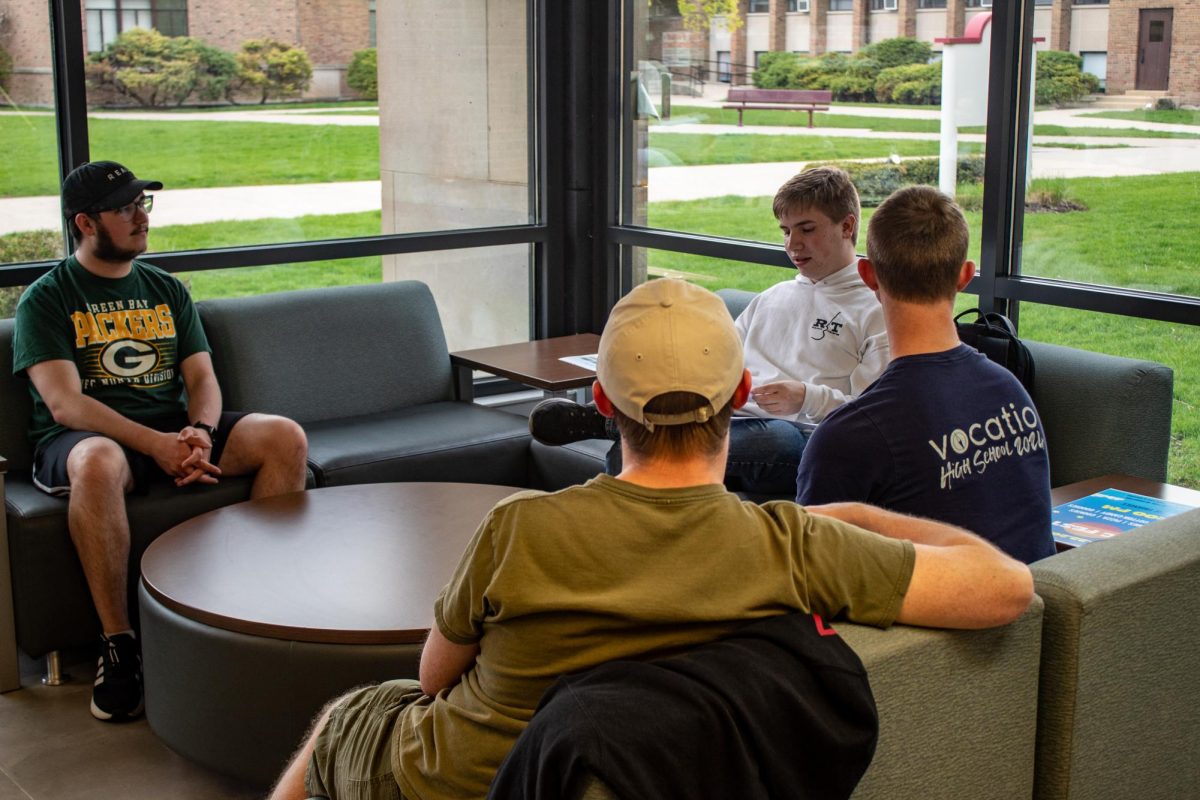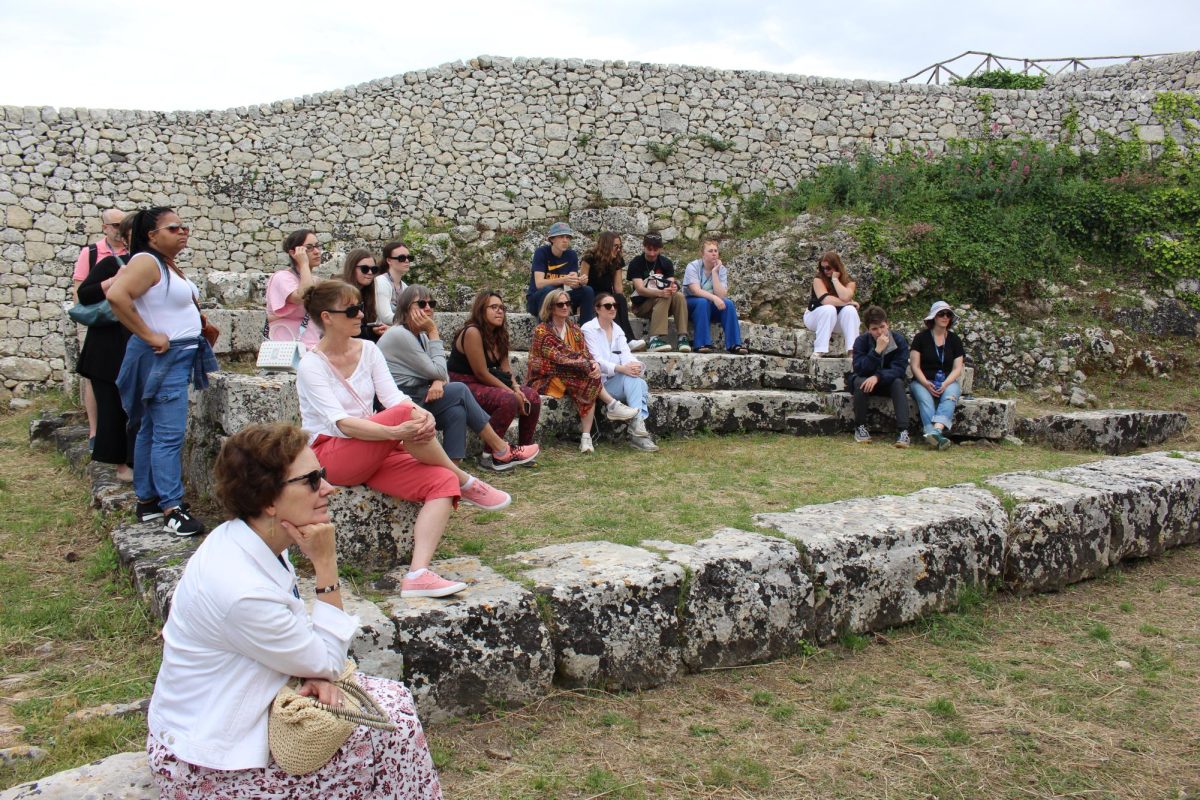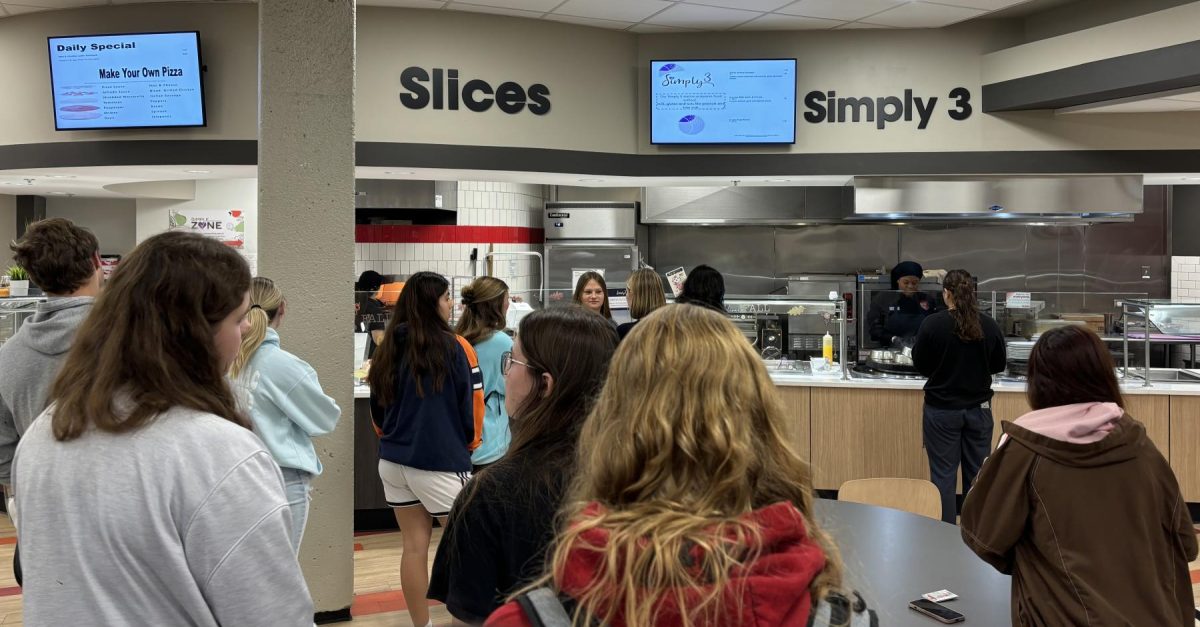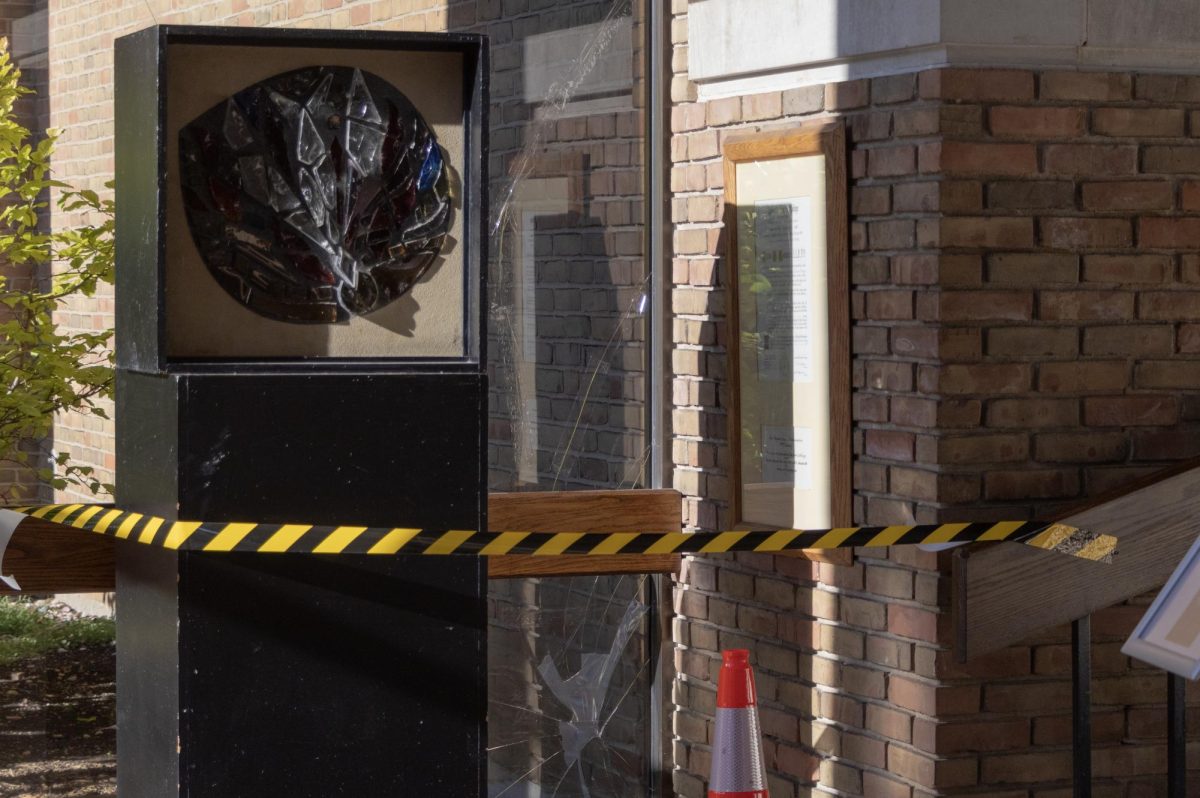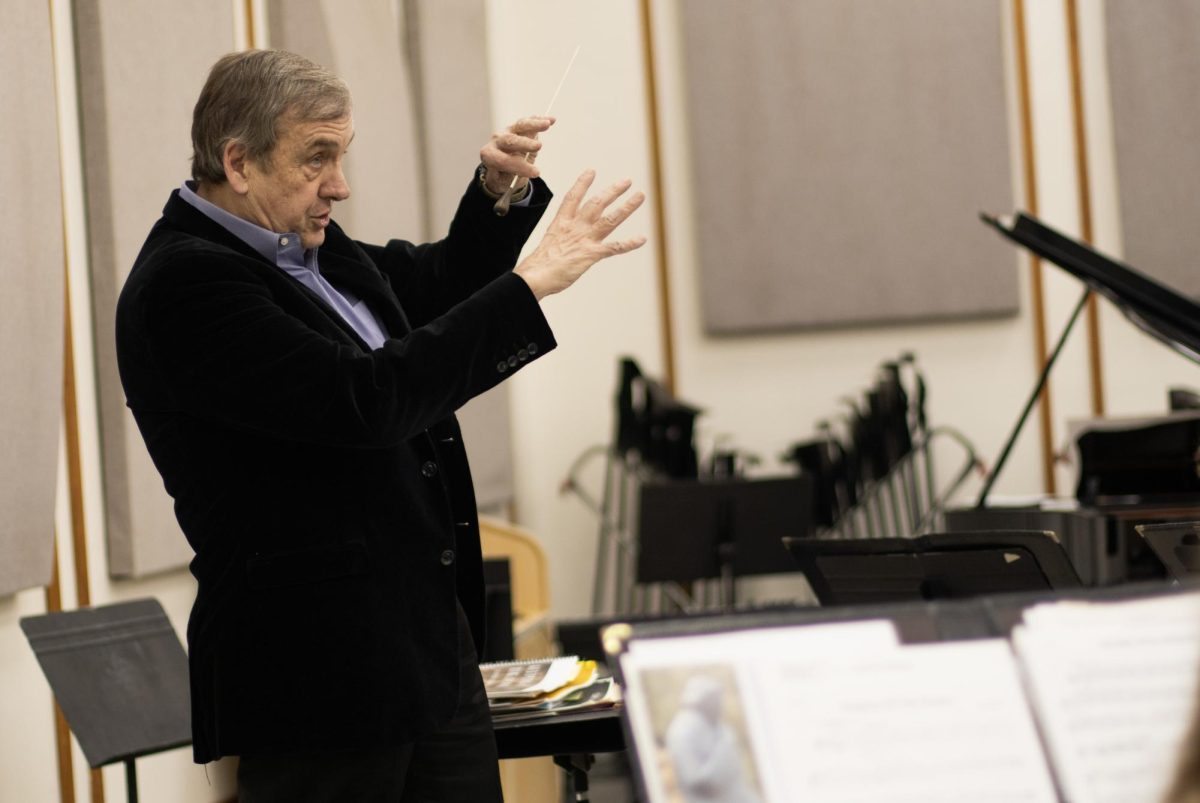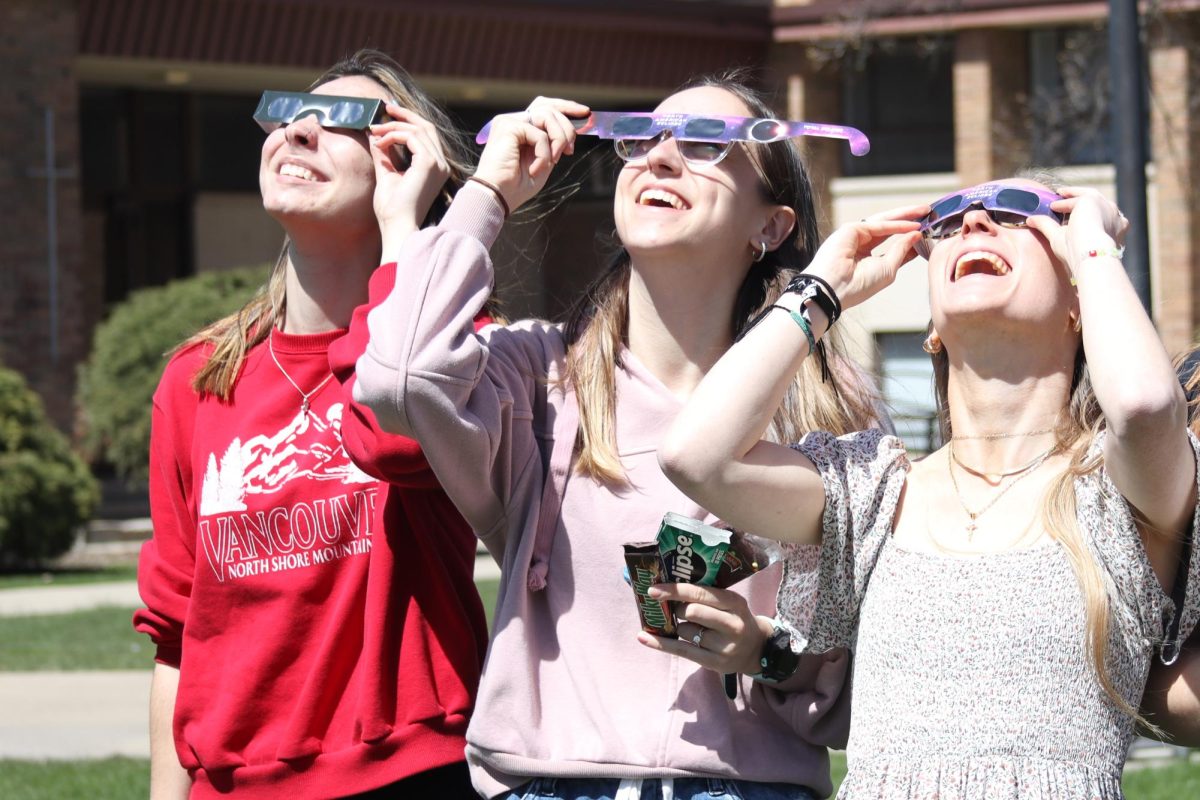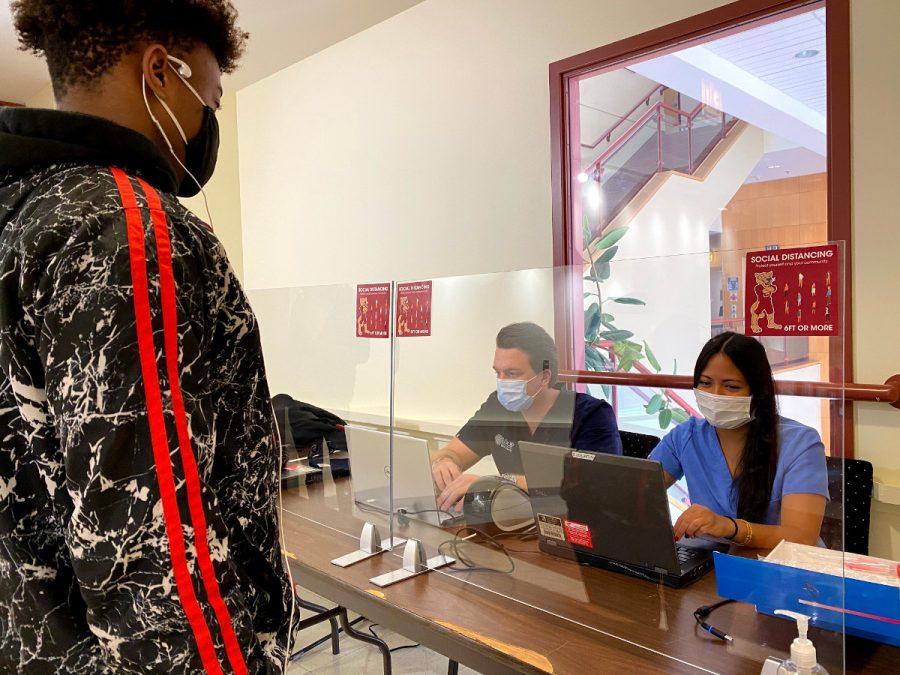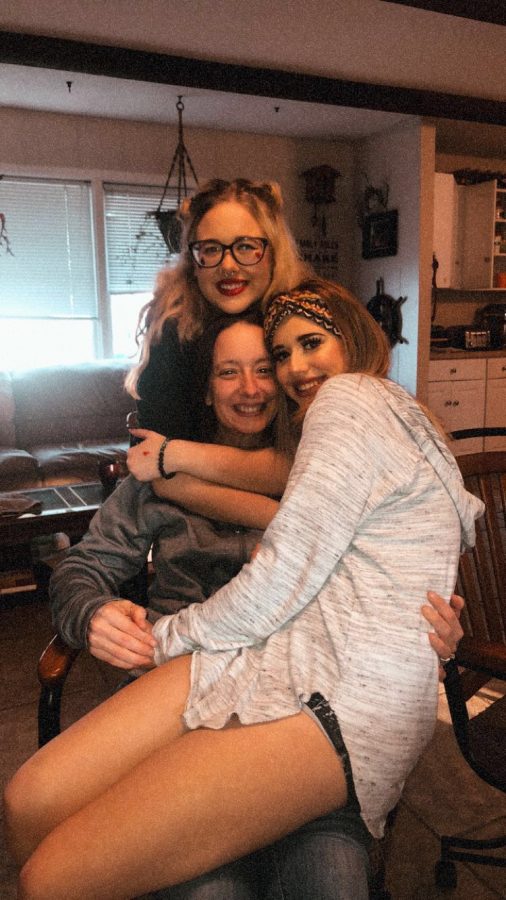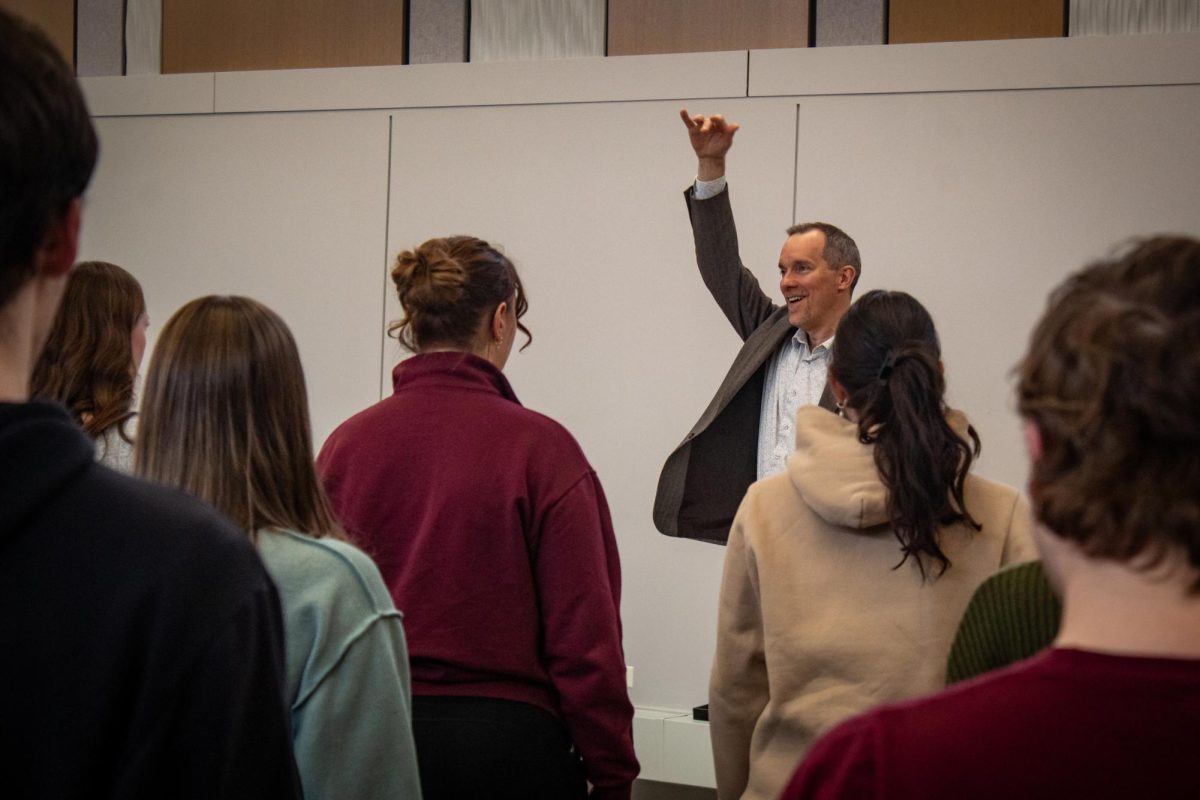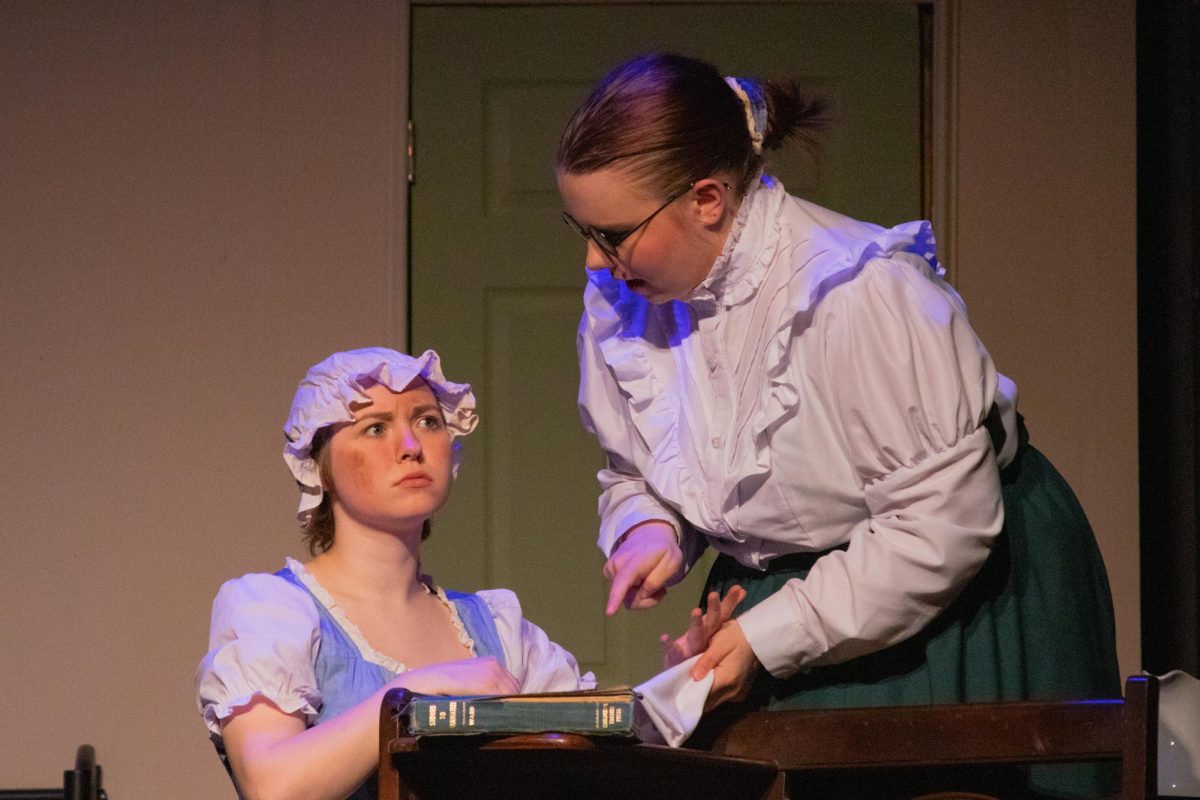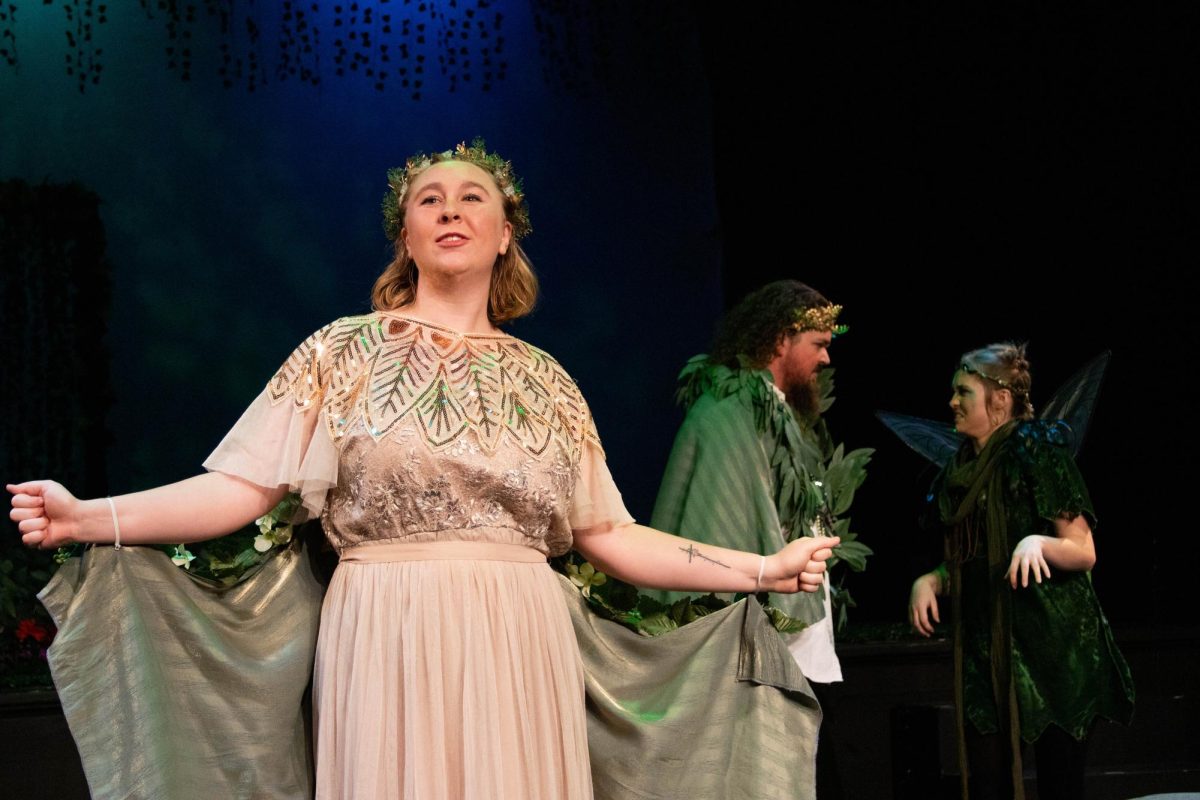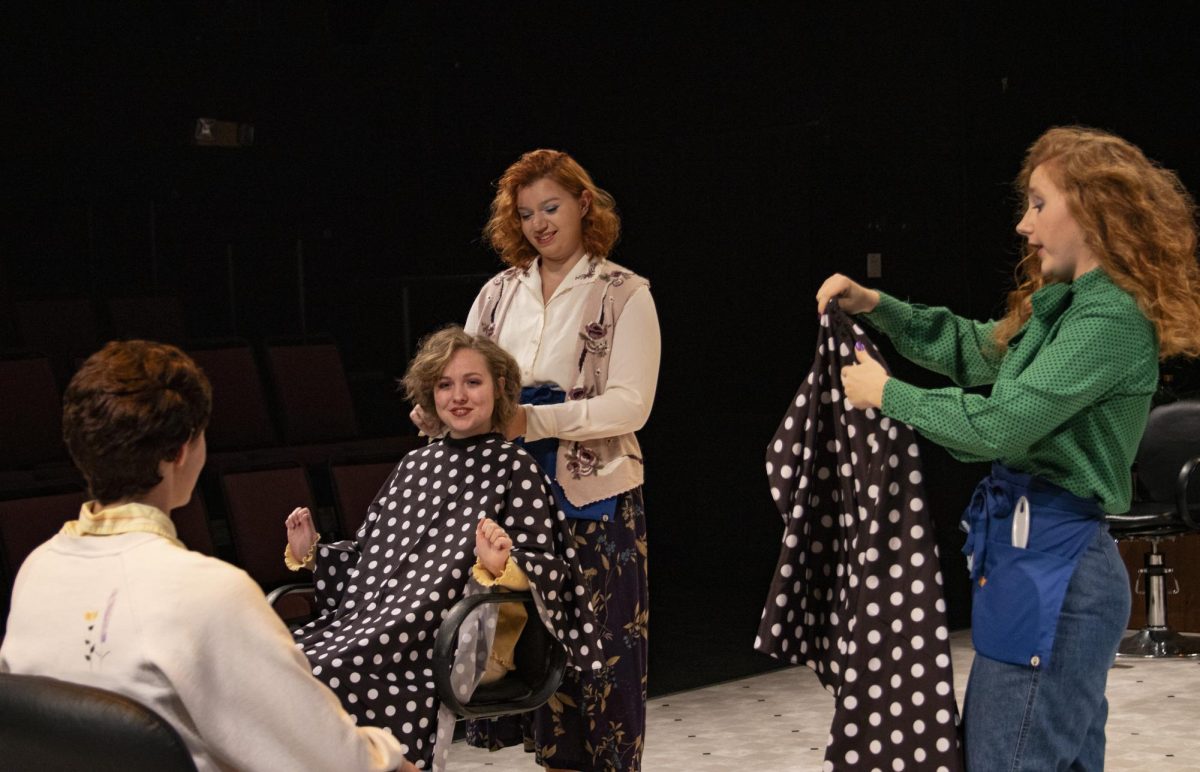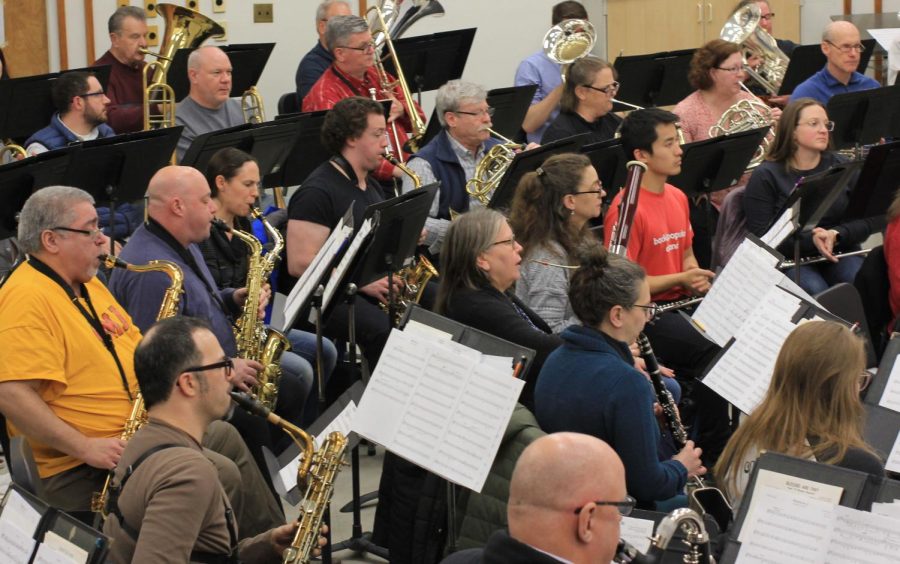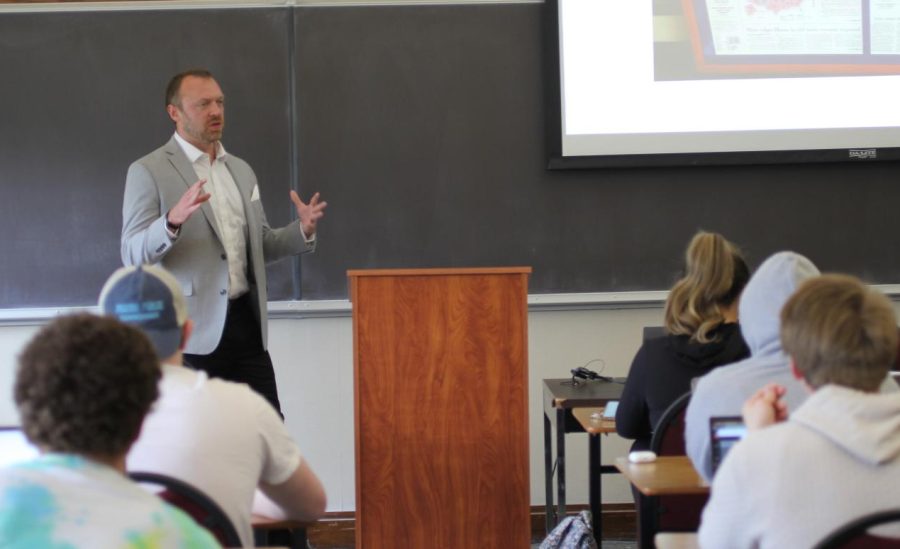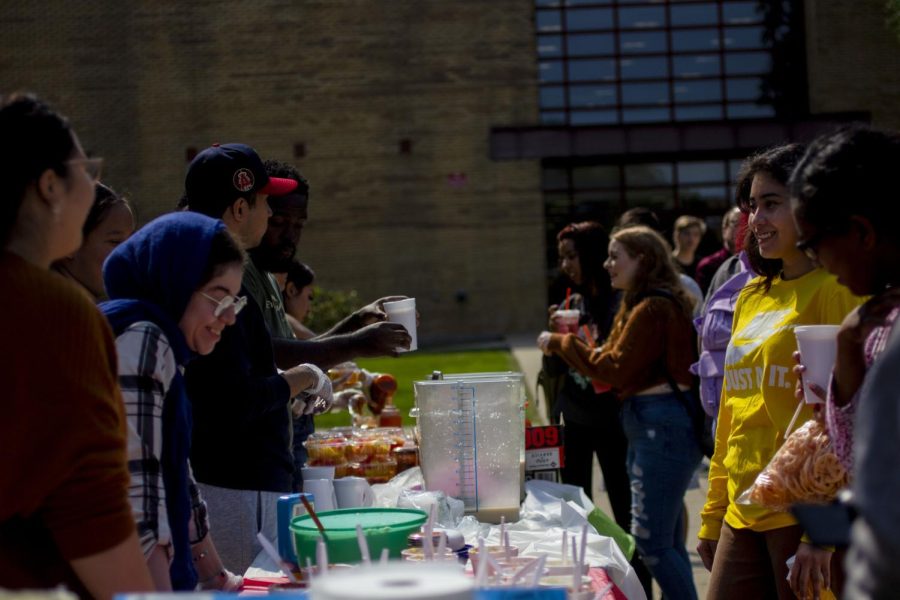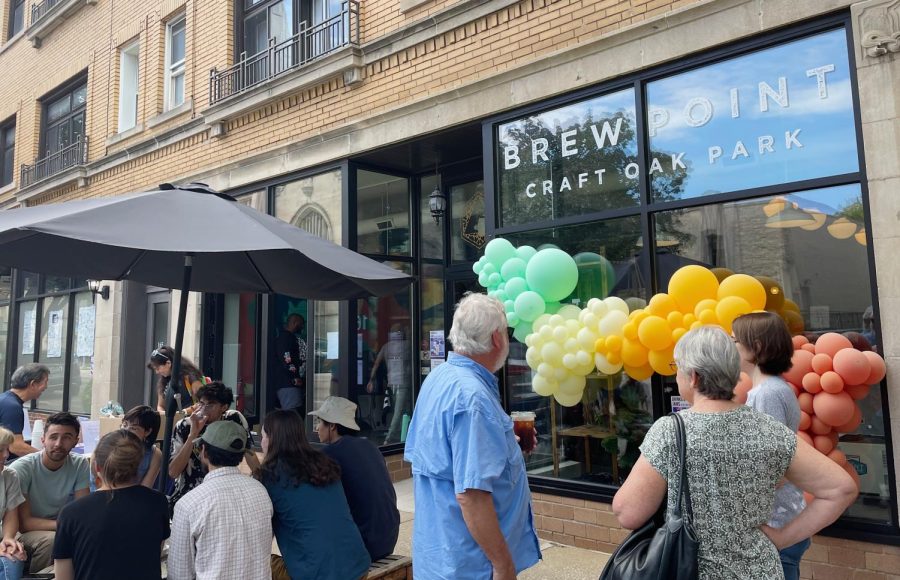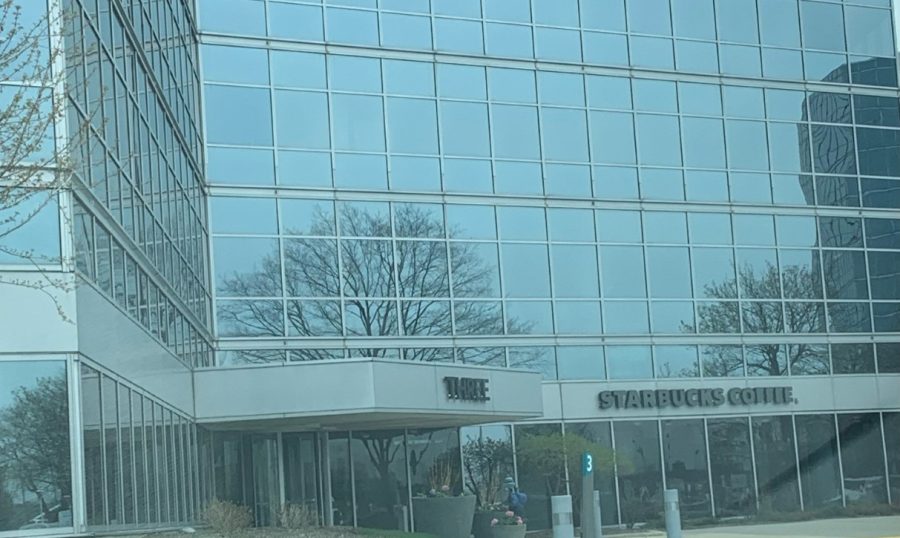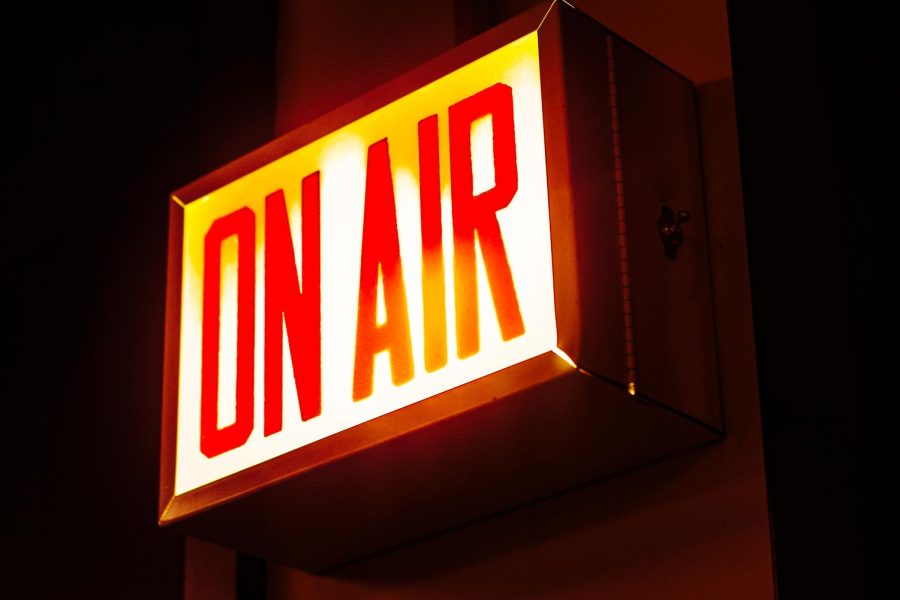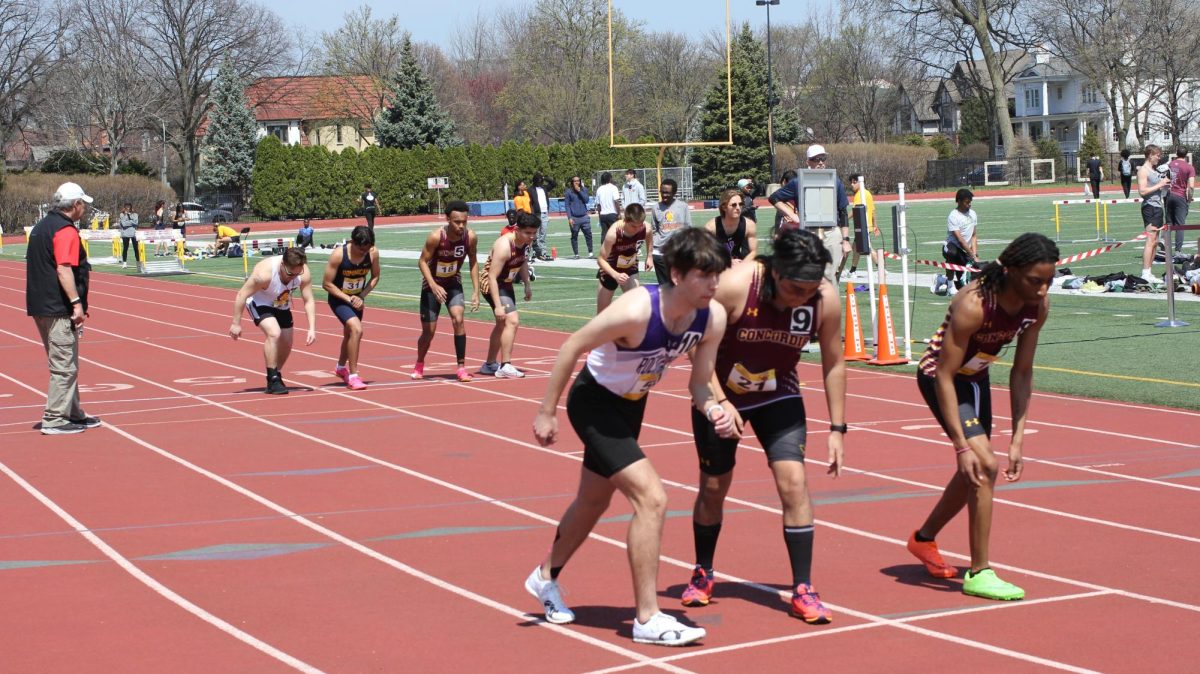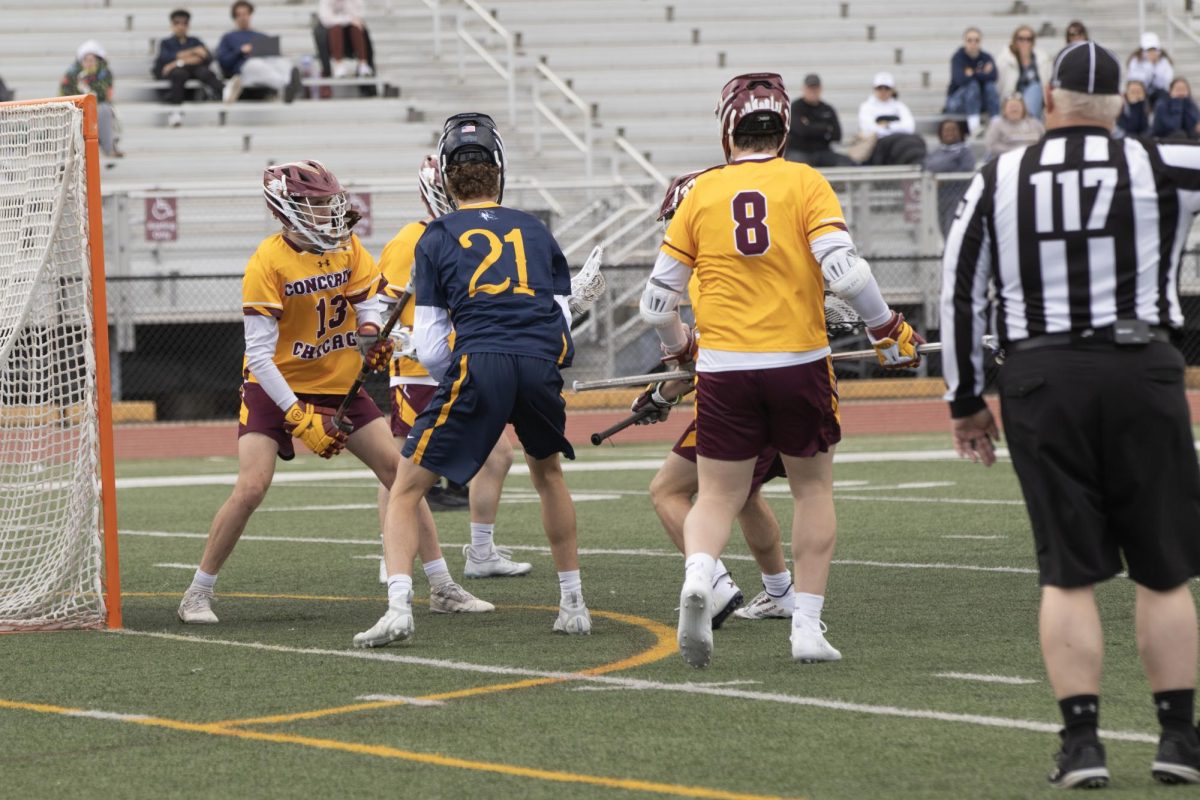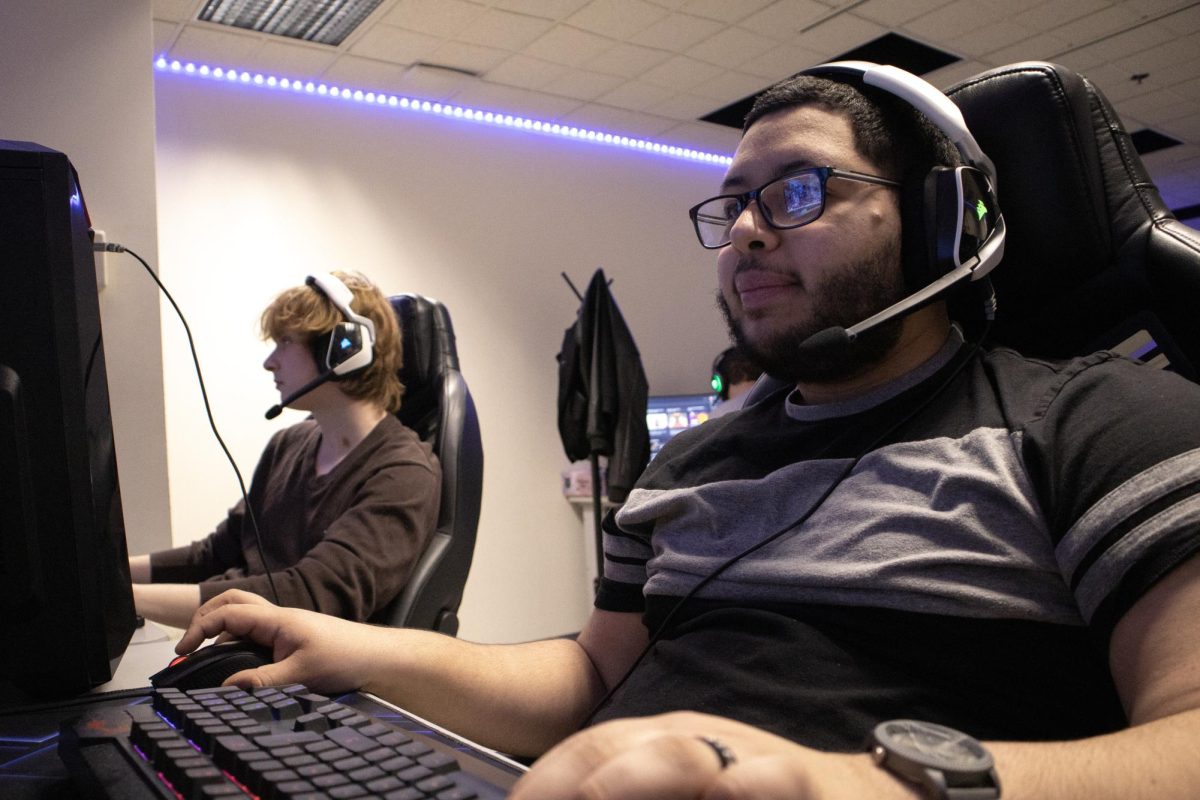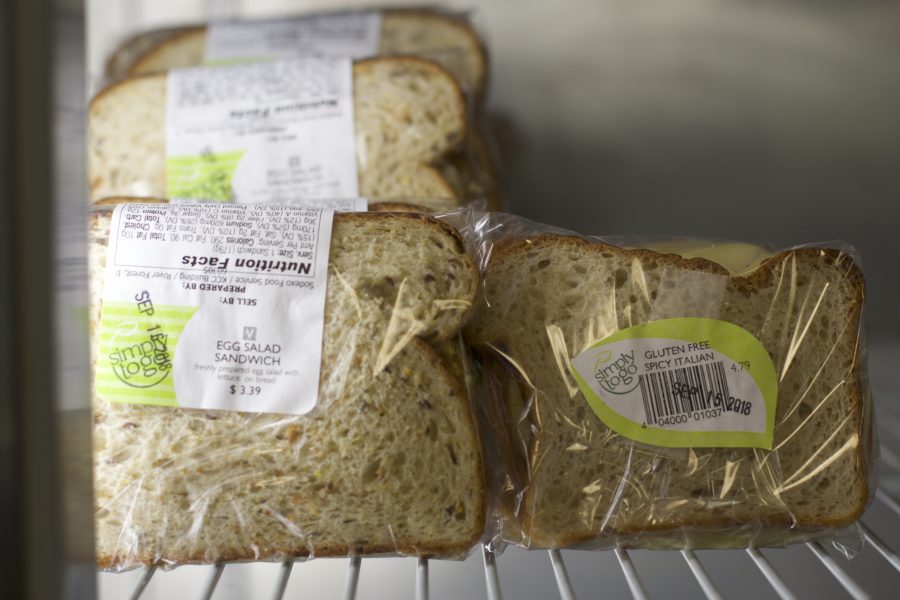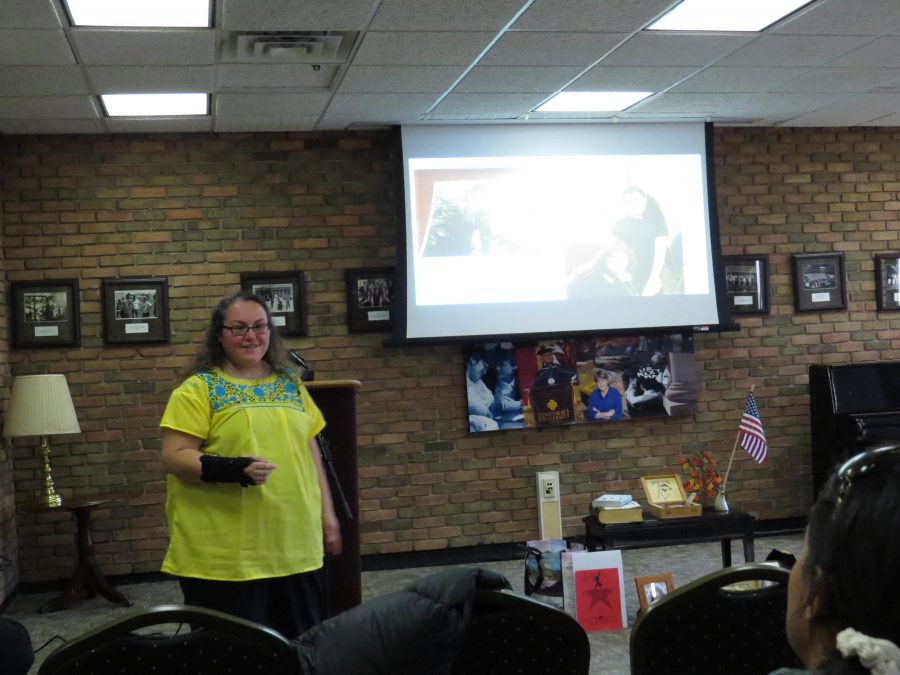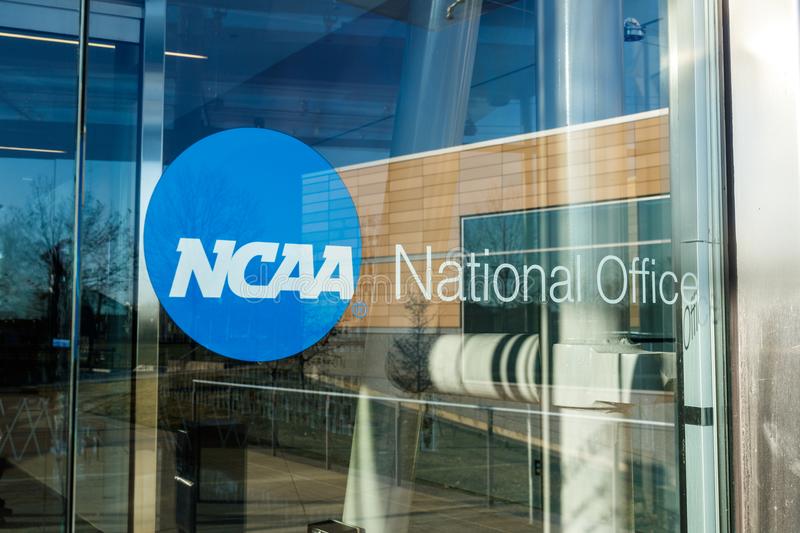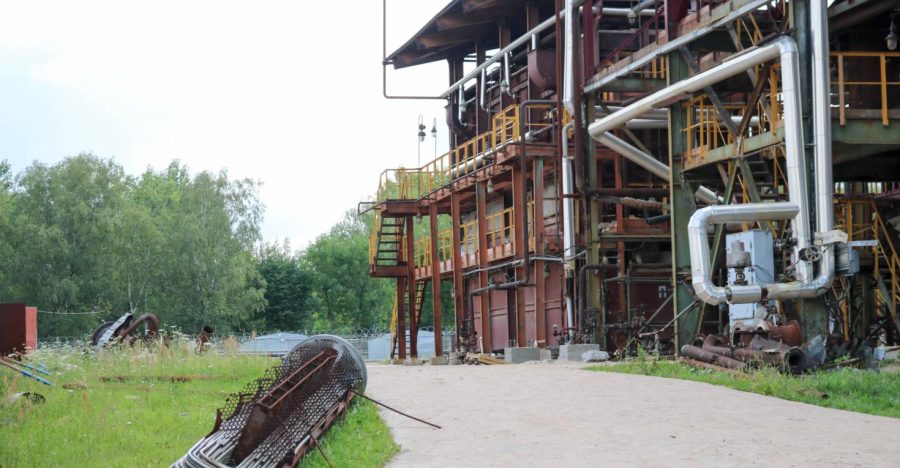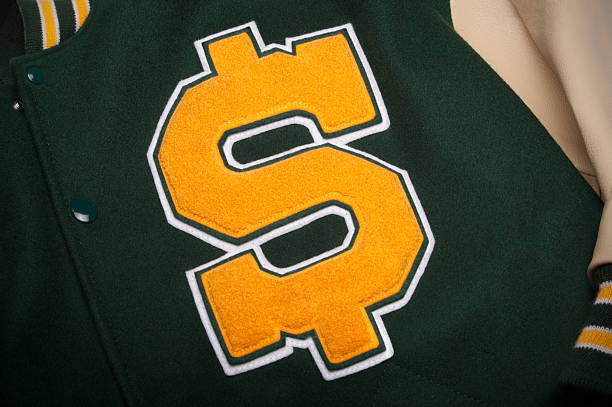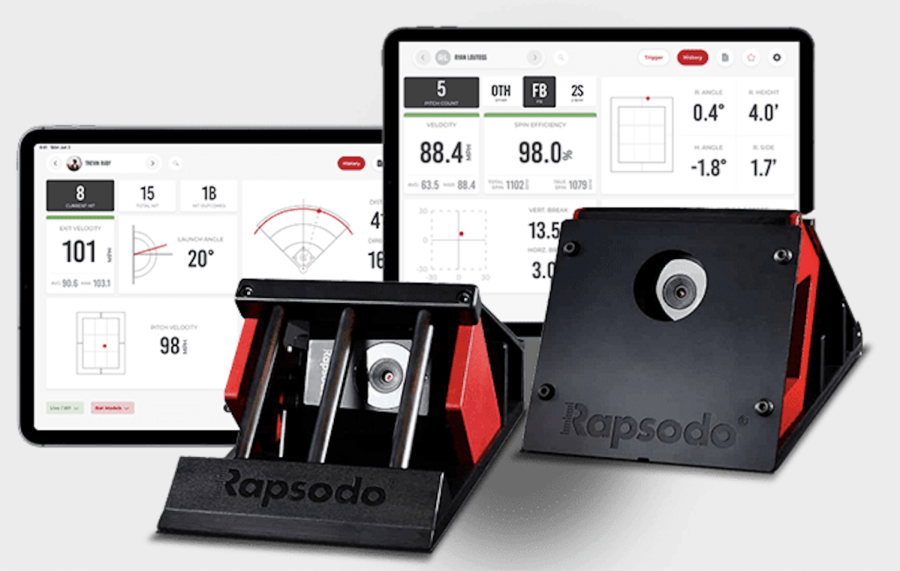By Jordan Mann
The Kurdish people are in the news on an almost daily basis. Stories about being allies of the U.S. and coalition forces in our fight against the Islamic State (IS), army units made up completely of women fighting with great success, putting together a democratic government in northern Iraq and conflict with the Turkish government in Turkey. Different Kurdish groups are often referred to by initials KRG, PYD, YPG and PKK are the ones most often in the media, but there are many others. So, who are these people?
For answers we spoke with Mr. Umut Acar, the Counsul General of the Republic of Turkey, Ms. Bayan Sami Abdul Rahman, the Kurdistan Regional Governments representative to the U.S. and Mr. Bahoz Broosk, a Turkish Kurd affiliated with the Kurdish Cultural Center in Chicago. We were also in contact, via email, with Dr. Walter Posch of The National Defense Academy in Austria. Dr. Posch sent us some of his published papers on the Kurds.
The following is from an interview with Ms. Bayan Sami Abdul Rahman the Kurdistan Regional Governments (KRG) representative to the U.S.

Abdul Rahman started the interview by stating she had to take us back to 1991 – 1992 for background information on the KRG. “After Saddam Hussein invaded Kuwait in 1990, about six months later the U.S. led coalition in early 91 liberated Kuwait from Saddam and Saddam’s forces were defeated. Also, at the same time the Iraqi people were encouraged by the United States to rise up against Saddam. Of course they did both in Kurdistan and the Shia south of Iraq. This was in the spring of 91. So, that uprising actually lead to Saddam brutally crushing the revolt. Even though he had been defeated by the United States and the coalition, he was allowed to use his helicopter gunships and his weapons. This was only a few years after Saddam had killed 5,000 people by using chemical weapons against civilians in Halabja. Of, course everybody fled (in 1991). Up to two million people fled Kurdistan and went to the mountains on the boarder of Iran and Iraq. It was a very cold spring, it was much more like a very deep winter and many people died of starvation and exposure. As a result the United States, Britain and some other countries launched Operation Provide Comfort. But, really the US and the UK were at the forefront. Operation Provide Comfort was a military / humanitarian operation; it provided food

and very basic shelter to the millions who had fled. And then created a safe haven so they could return to Iraqi Kurdistan and to their homes. So, the safe haven is created and people go back home and then the United States establishes a no fly zone over Kurdistan, this protection, continued until 2003 when Iraq was actually liberated completely from Saddam.”
In protected Iraqi Kurdistan “we were able to create the Kurdistan Regional Government.” The protection allowed the Kurds to hold elections in 1992. This election formed the KRG and the democratic parliament. The KRG now controls 60% of Iraqi Kurdistan; the other 40% is disputed territory that the KRG hopes to add to Iraqi Kurdistan.
Who are the Kurds? “Well the Kurds are a people who geographically live in an area of the Middle East where the countries of Iran, Iraq, Turkey and Syria meet.” The number of Kurds in that area is difficult to determine because “the countries where they live want to reduce the number, the real number of Kurdish people there.” She pointed out  that estimates say about 40 million Kurds live in all of Kurdistan.
that estimates say about 40 million Kurds live in all of Kurdistan.
Who are the Peshmerga? The Peshmerga is the armed forces of the KRG; they are presently doing battle against the Islamic State along a 650 mile front.
Is the YPG part of the Peshmerga? “The YPG is the armed wing of a political party in Syria (the PYD), in Kurdistan of Syria. So they are Kurds, and they are fighting ISIS (the Islamic State) very bravely, but they are not part of the Iraqi Kurdistan Peshmerga forces.” Even though they are not part of the same group “all of the Kurdish parties across those four countries, they are always in dialog, always in contact.” The Peshmerga has supplied the YPG with weapons to assist them in their fight against the Islamic State.
Does the KRG have relations with the Turkish government? “Yes we do, we have official and formal relations with the Turkish government…..we have an economic and diplomatic relationship with Turkey” There are economic ties between the two governments including a pipeline going through Turkey to the Mediterranean allowing Iraqi Kurdistan to export oil. They are also hoping to export gas to Turkey in the near future.
How do you view the future of the Kurds in Turkey? “What’s happening right now in Turkey is very sad and deeply disturbing.” When Recep Tayyip Erdogan was Prime Minister “the Turkish government made huge progress in its attitude towards the Kurdish population.” Before that time the Kurdish language had been band, activists were arrested and Kurdish newspapers were closed among other things. “Unfortunately in the last six month maybe a year the situation has deteriorated rapidly in Turkey. And there’s a great deal of violence going on right now and it’s very disturbing to us. We have said to both sides repeatedly that an armed conflict is not going to … solve the problems.” The armed conflict has been going on for thirty years.
Can you tell us about the female Peshmerga units? “We have a tradition of having female Peshmerga; this is not something new … Going back decades there have been women fighting against the Iraqi government, the Iraqi regime.” Regarding women’s rights in general there is The Council for Women’s Issues. “It is there to monitor equal opportunities for women, equal rights, access to justice and so on.” The YPG also has many “women among their ranks in Syria, also the PKK, they have many women in their ranks.” The units made up of women “are also engaged in full combat, they are not held up behind the lines.”
Is the PKK a terrorist organization? “Well, you know, one man’s terrorist is another man’s freedom fighter……. I don’t want to get into the debate on whether they are terrorists or not, what is really more important for us is that the Kurds in Turkey have legitimate rights.” But, she made clear that those rights should be achieved through dialog and not “some armed struggle.”
Abdul Rahman ended by explaining this year is the 100th anniversary of the Sykes-Picot Agreement. “Mr. Sykes and Mr. Picot were French and British, they represented the super powers of the time, 100 years ago. They drew a map of the Middle East to divide up the Middle East so that France and Britain had areas of influence. The way they divided up the Middle East had nothing to do with tribal loyalties, ethnicity, language, sect or faith. They just drew these lines according to where the oil was, according to what interests suited Britain or France. As a result of that, we have had 100 years of instability, war, genocide, chemical bombardment, oppression and violence across the Middle East and particularly in Iraq.”
The KRG is pushing for a referendum to allow the people of Iraqi Kurdistan to voice their opinions on whether they want to remain part of Iraq or become an independent state. “Everyone worldwide knows that if we go ahead with the referendum the Kurds will vote for independence.”
Comments are welcome. Please send comments to theuniversaltribune@gmail.com

